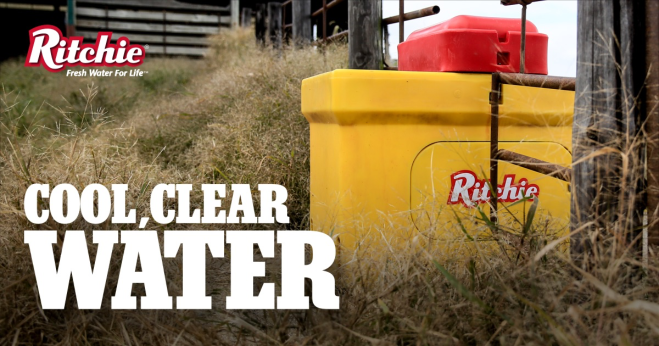Increased Water Intake During Winter Helps Decrease Chance of Impaction Colic
Colic is still the No. 1 killer of horses and increasing water intake is still one of the recommended ways to reduce the risk. A horse who is not drinking enough water can begin to experience dehydration and impaction colic in as few as 48 hours.
Hay quality also impacts the risk of colic. In general, stalky or cattle hay is less digestible than leafy varieties. Cattle’s ability to digest stalky grass falls off by only 2 or 3 percent compared to leafy grass. Horses on the other hand, experience a 20 percent or more drop off.
“You always want to feed high-quality hay (whether it be alfalfa or grass hay) as this is the best source of protein and nutrients for your horse while also being easier for the gastrointestinal tract to digest.,” said Laura Petroski-Rose, BMV&S, and Kentucky Equine Research staff veterinarian. “Low-quality hay tends to have thick and tough stems, which the gut is much less efficient at breaking down. Regarding feeding pellets, we are faced with both benefits and disadvantages. The most rewarding times to feed pellets would be in horses with dental or respiratory issues, as these can control some of the factors that exacerbate those diseases. Pellets, however, have been shown to dehydrate the fecal matter in comparison to hay. A way around this could be to soak the pellets in water, which I generally recommend as fast, greedy eaters can experience choking. Additionally, encouraging your horse to consume more water is ideal and having fresh, clean water sources available at all times is imperative.”
